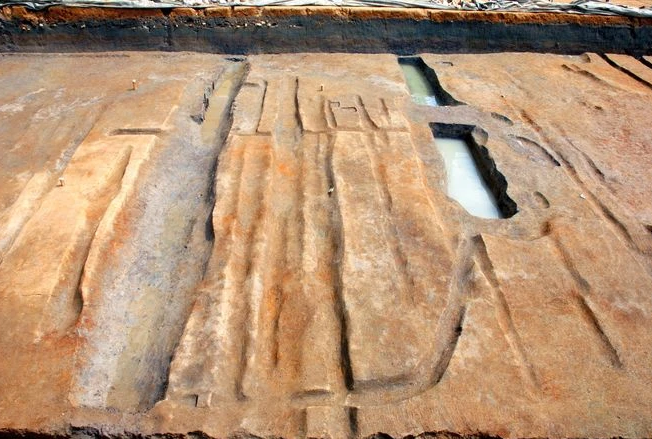KASHIHARA, Nara Prefecture--Denizens of the Asuka Period (592-710) feasted on pork and may have done so routinely, archaeologists deduced from parasite eggs excavated from a toilet structure found in the ruins of the ancient capital of Fujiwarakyo.
The eggs, which serve as scientific evidence of pork consumption because humans are infected with parasites after eating undercooked pork, are one of the oldest findings in the country, researchers from the Archaeological Institute of Kashihara, Nara Prefecture, reported.
It is possible that immigrants from the Chinese continent ate pork regularly, they added.
For the full article, see the following link: http://www.asahi.com/ajw/articles/14371700

